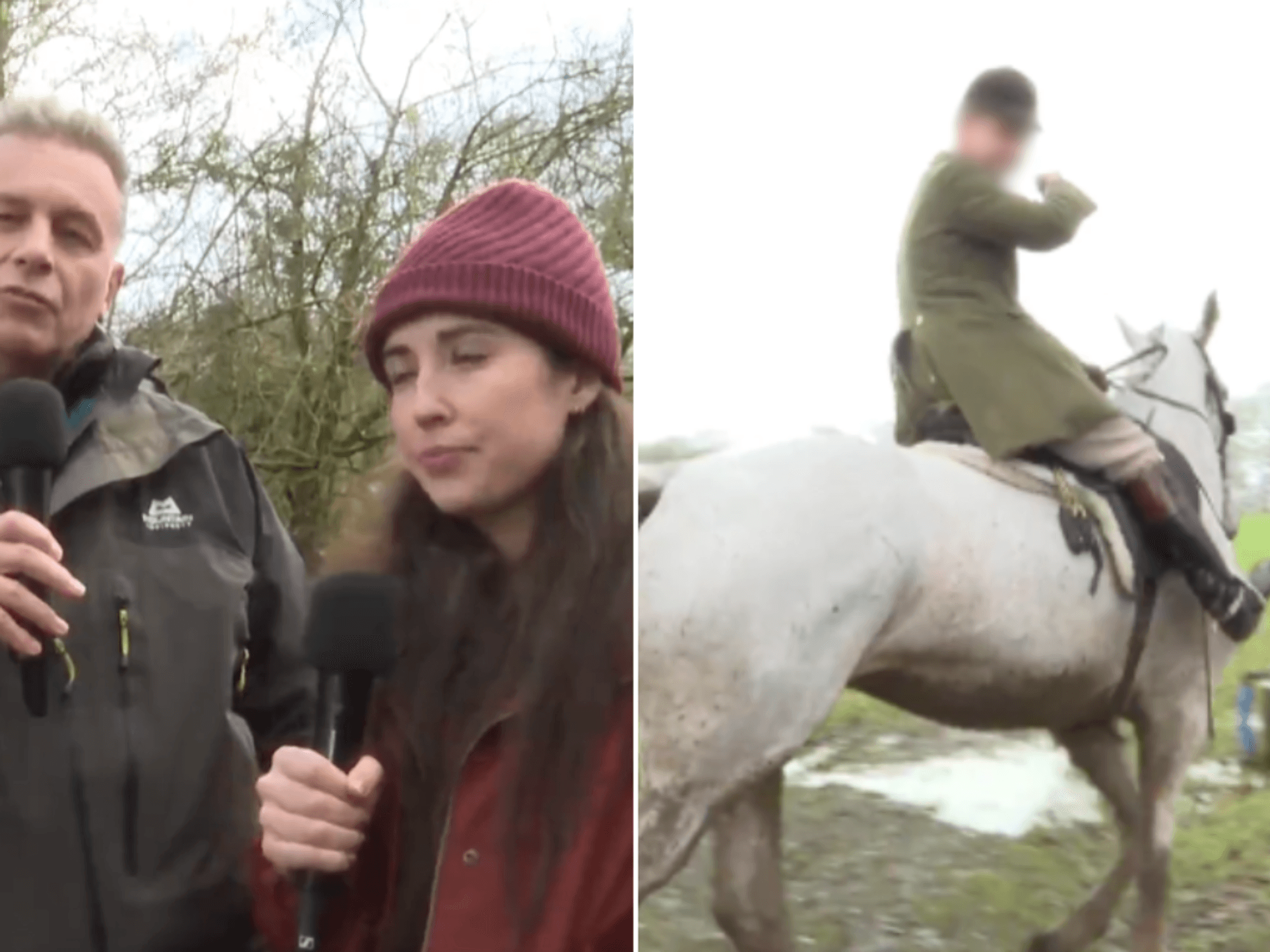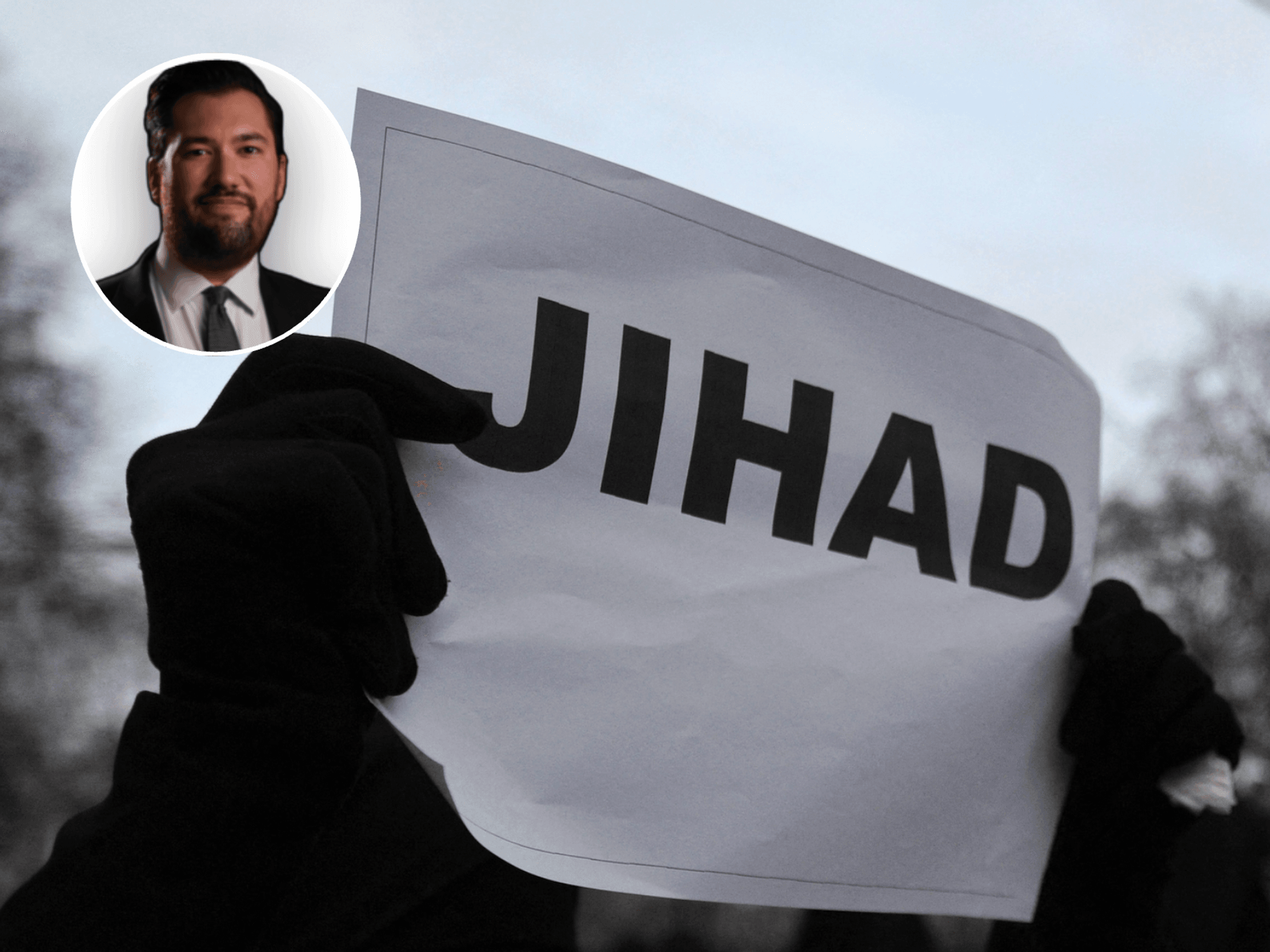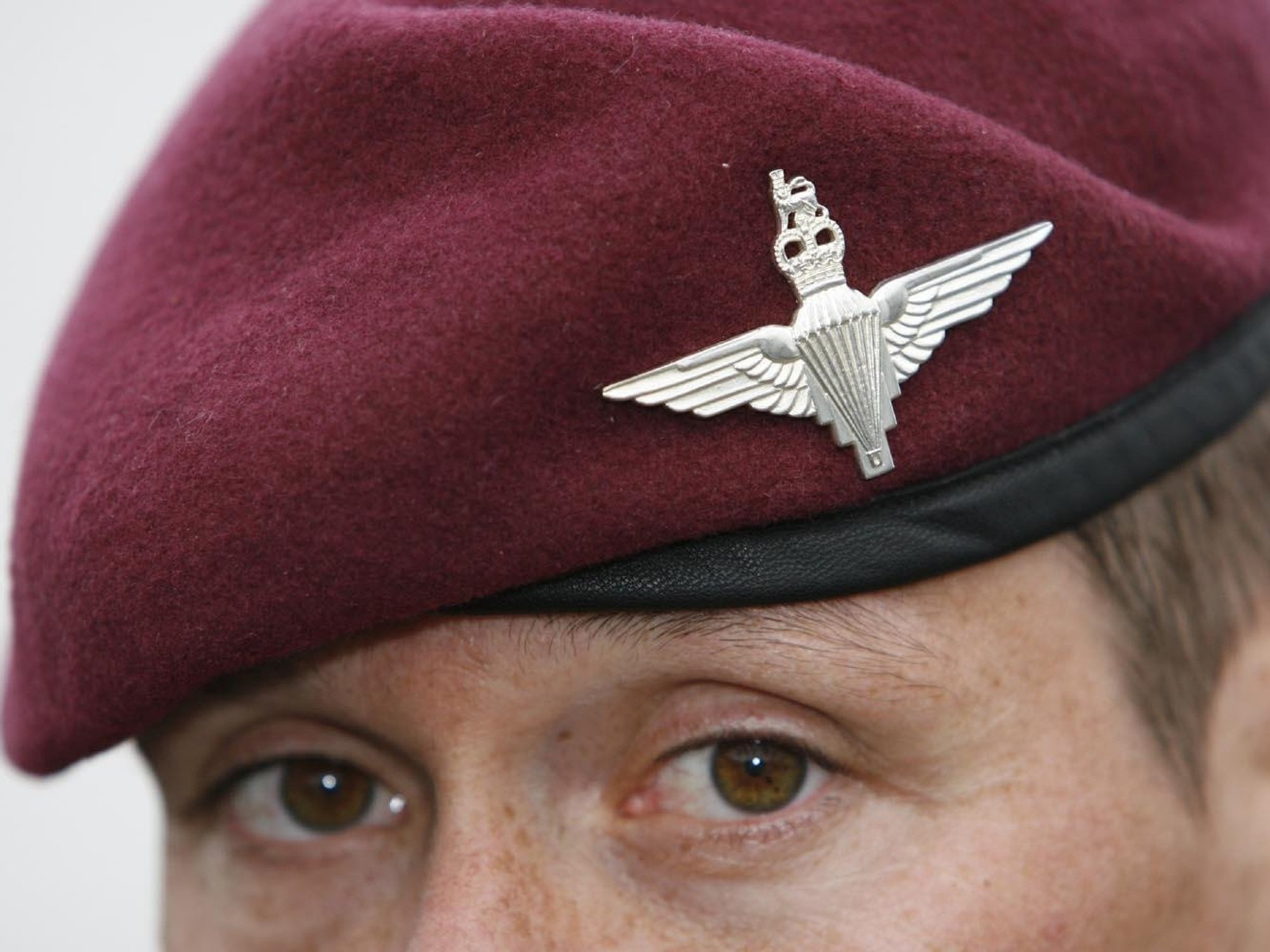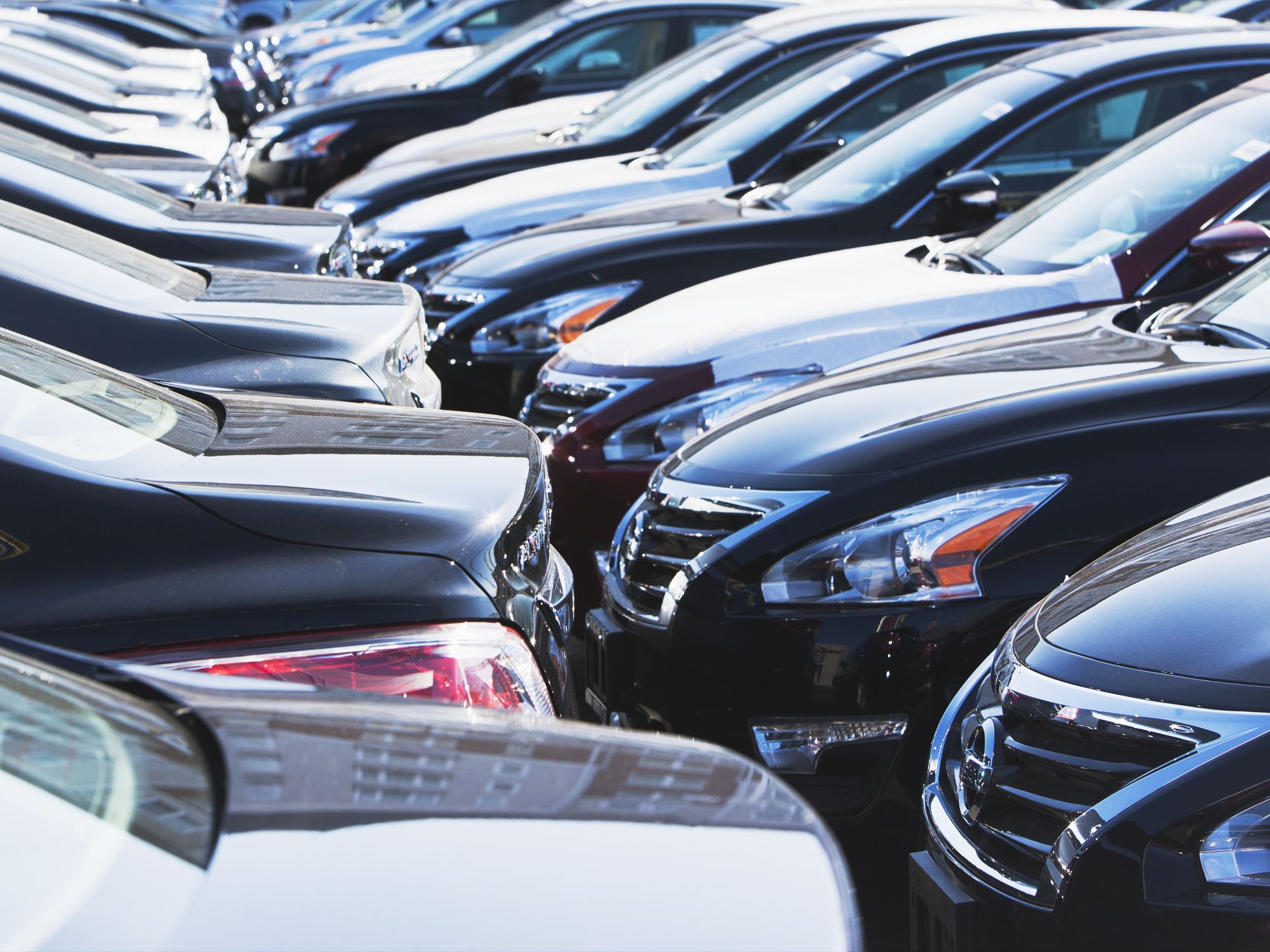Ukraine too CORRUPT to join Nato in major blow for Zelensky
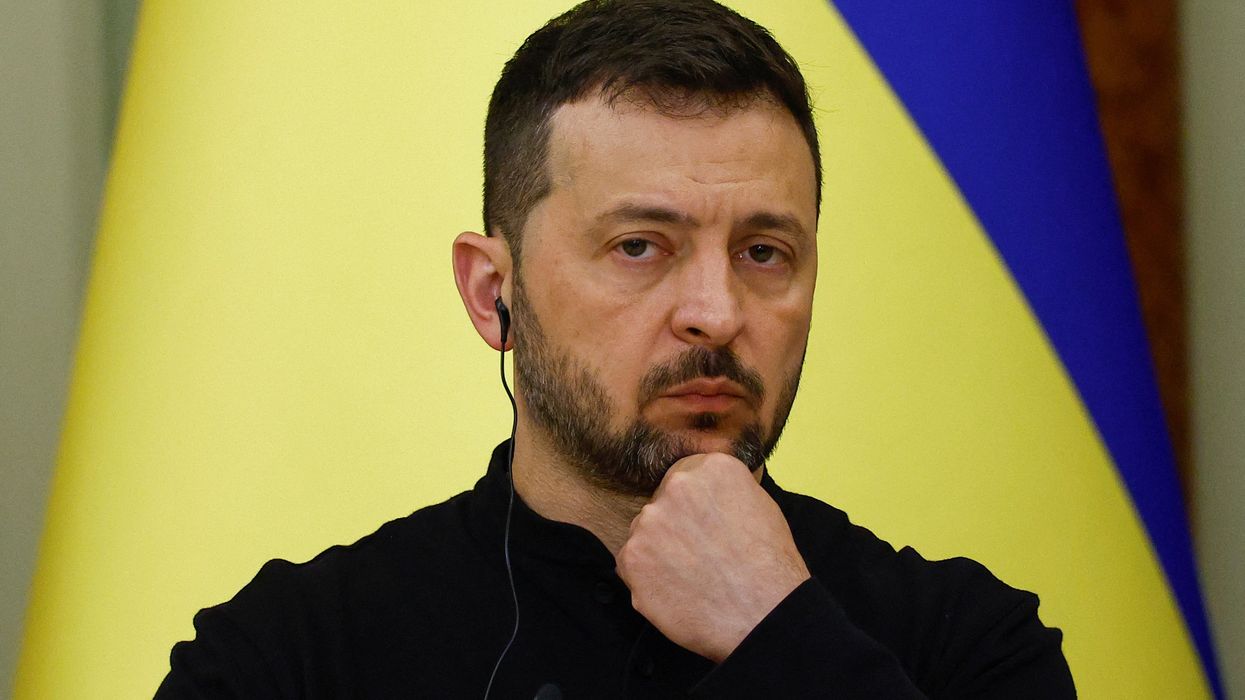
Zelensky's country has been told to crack down on corruption if it wants Nato membership | Reuters

Ukraine will be handed a 'well-lit bridge' toward eventual Nato accession - but that so-called bridge comes with a number of requirements
Don't Miss
Most Read
Latest
Ukraine's President Volodymyr Zelensky has been dealt a crushing blow as his country will be told it is "too corrupt" to join Nato at current levels, a US official has revealed.
While the Eastern European country is in talks to join the bloc - which has expressed its support for Ukrainian membership - Nato will ask that "additional steps" be taken by Zelensky in order to shore up domestic issues.
The US official praised Ukraine's recent reforms as it continues its pivot to the West in the wake of the 2022 Russian invasion, but counselled that more needed to be done.
They said: "We have to step back and applaud everything that Ukraine has done in the name of reforms over the last two-plus years.
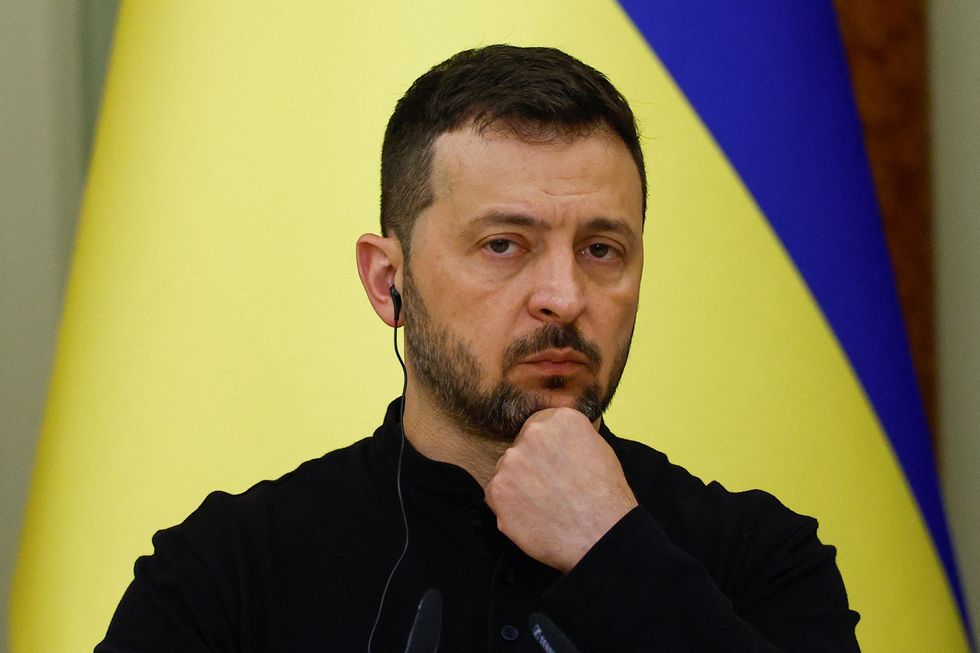
Zelensky's country has been told to crack down on corruption if it wants Nato membership
|Reuters
"As they continue to make those reforms, we want to commend them, we want to talk about additional steps that need to be taken, particularly in the area of anti-corruption.
"It is a priority for many of us around the table," the official said, speaking to the Telegraph.
The defence alliance is set to gather in Washington DC for its annual meeting in six days' time, where Ukraine will be handed a "well-lit bridge" toward eventual Nato accession - but that so-called bridge comes with a number of requirements.
The official said that the bloc's suggested Ukrainian reforms are "something Nato has been doing quietly under the radar that helps them get closer to membership".
MORE AS UKRAINE BATTLES RUSSIA:
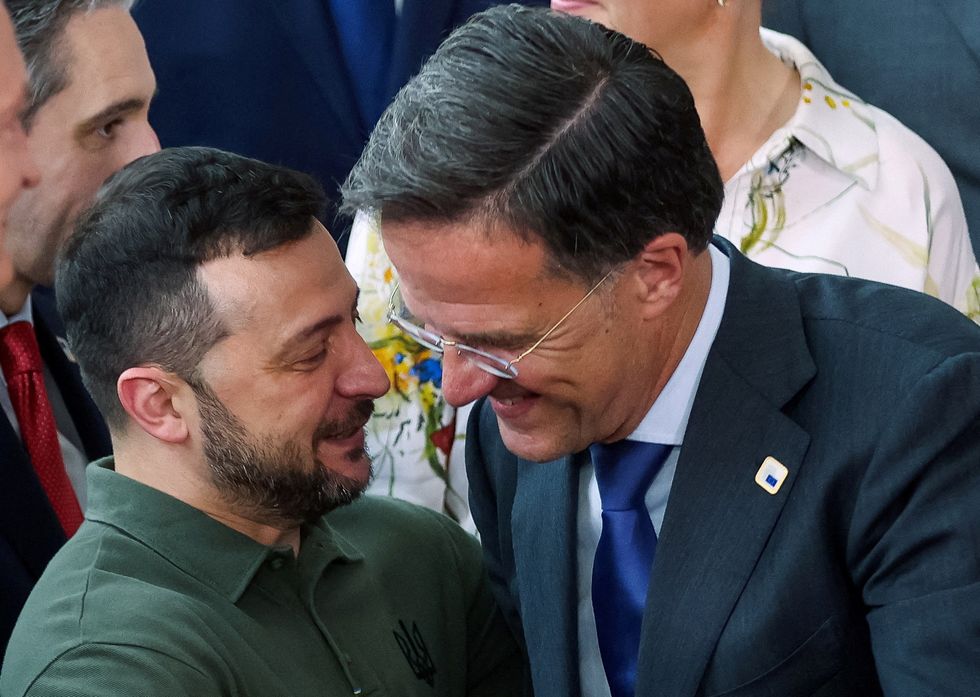
Zelensky, pictured meeting the incoming Nato chief Mark Rutte
|Reuters
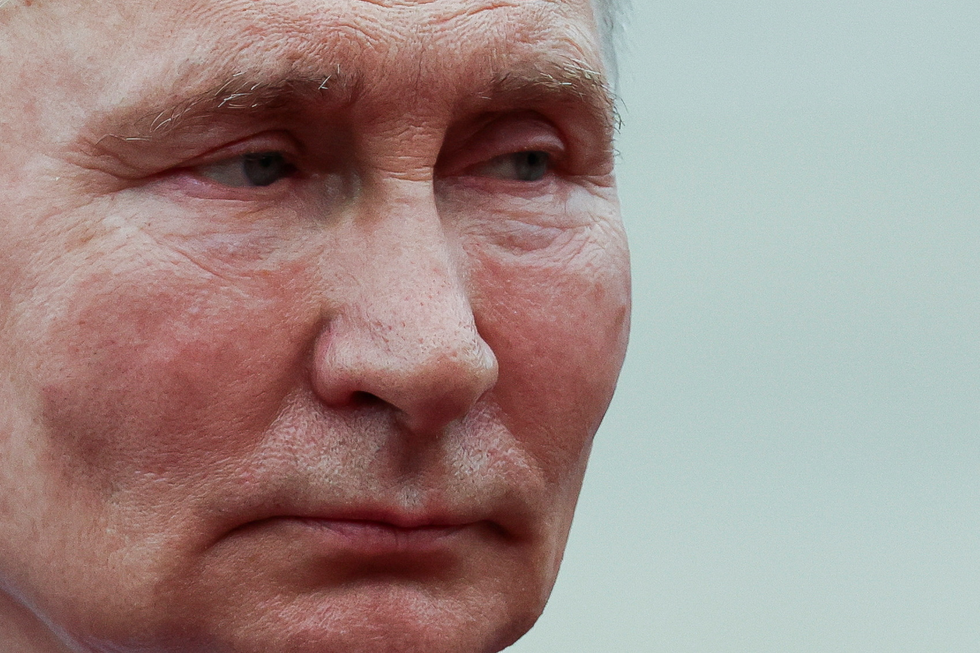
Vladimir Putin himself has blasted Ukraine's deepening Nato alliance
|Reuters
The July 9 summit looks set to be a historic one, personnel-wise; if British pollsters are correct, it could be the first annual Nato meeting attended by representatives from a potential Starmer government - while it will be the last for the bloc's outgoing Secretary-General Jens Stoltenberg, who will be replaced by former Dutch PM Mark Rutte in October.
One of Stoltenberg's final acts in the role was his request today for member states to stump up €40billion (£34billion) annually in order to support Ukraine's ongoing battle against Russian invaders - which was swiftly granted.
But Vladimir Putin himself has blasted Ukraine's deepening Nato alliance - just weeks ago, the Russian premier said he would guarantee an immediate ceasefire and troop withdrawal if it dropped its accession goals.
Putin had also demanded the cession of a number of Ukrainian regions to Russian control in order for a ceasefire to be granted, exacerbating international tensions further over legal sovereignty of parts of eastern Ukraine.
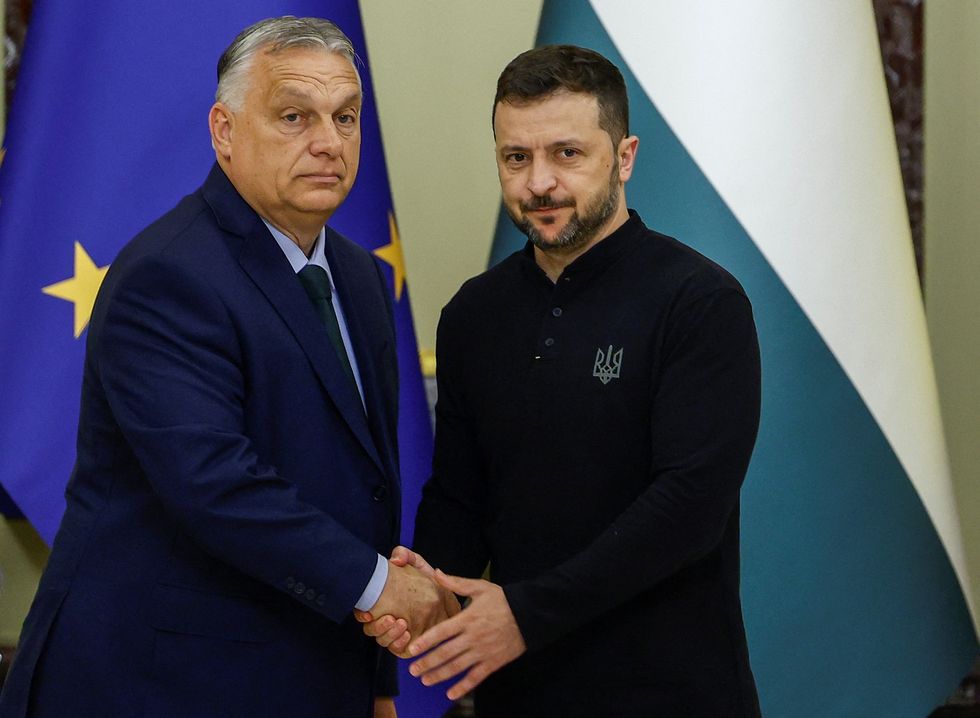
Ukraine has faced territorial questions from on-paper allies like Hungary
|Reuters
Not among those demanded by Putin was Crimea - which Russia annexed in 2014, and continues to insist is Russian land rather than contested territory which Ukraine could, so to speak, hand over.
And just today, Crimea found itself at the centre of another diplomatic row, with Russian Deputy Foreign Minister Sergei Ryabkov condemning the Pentagon after it said Ukraine was permitted to strike the peninsula with long-range US weapons.
And Ukraine has even found itself facing territorial questions from countries which, on paper, are its allies; just days ago, as Zelensky ramps up efforts to join the EU alongside Nato, Hungary - a member of both blocs - issued a steep set of demands which sparked fears that Ukrainian membership of the latter organisation could be under threat.
Budapest demanded that Transcarpathia, in Ukraine's far west, should be recognised as "traditionally Hungarian" owing to its minority Hungarian population - which Orban says should be able to speak and use Hungarian in official settings, including administrative services and education - going against Ukraine's attempts to bolster the use of Ukrainian over minority or foreign languages in the country.





